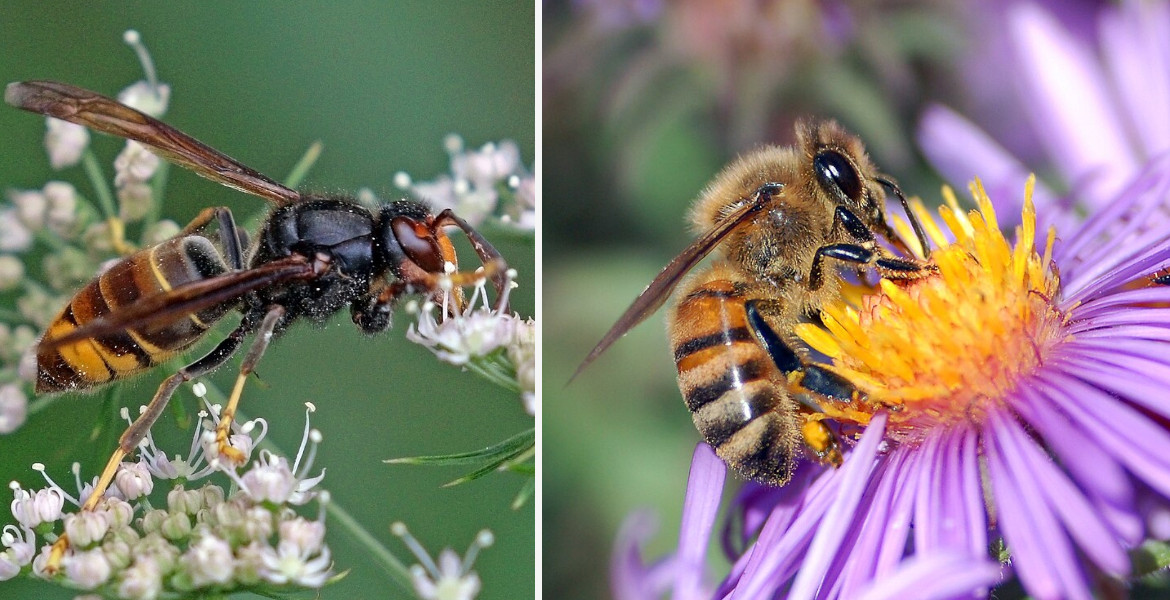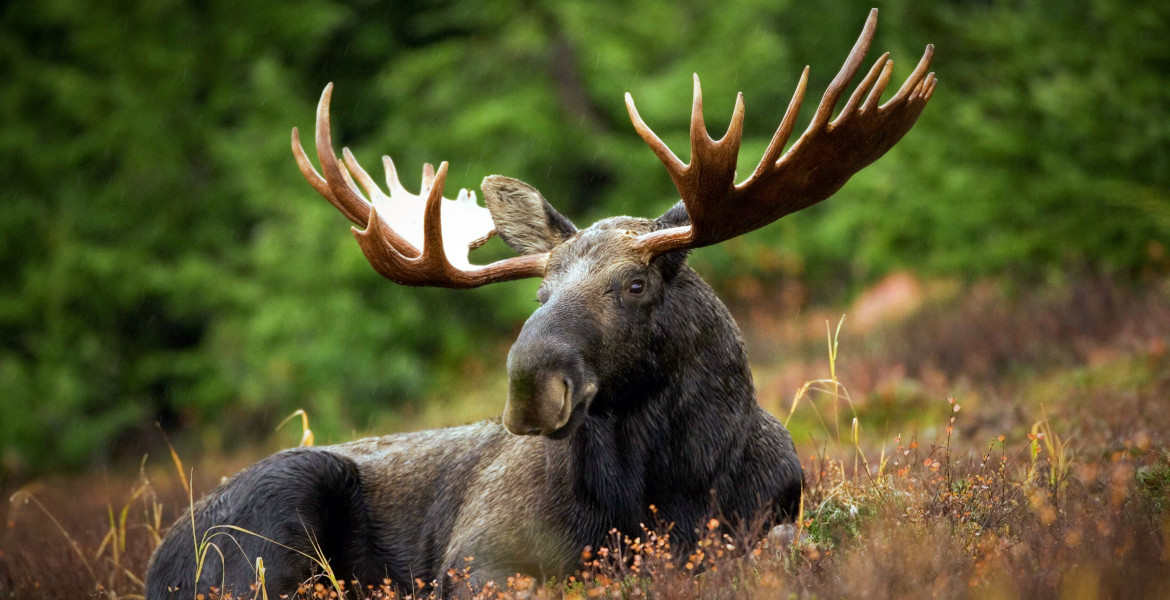The Swedish University of Agricultural Sciences (SLU) has published a new preliminary version of the red list, where the moose and European polecat are now proposed to be classified as threatened species. Meanwhile, the Eurasian otter is considered to have recovered sufficiently to be removed – after a long period of growth.
The red list is a compilation of species deemed to have such small or declining populations that they risk disappearing from the country in the long term. It is updated every five years, and this year’s preliminary version is open for review and reporting until September 15.
The red-listing of the moose may come as a surprise – especially in northern Sweden, where the population has increased in several areas. In several counties, hunting pressure has therefore been increased to reduce browsing damage. However, looking at the country as a whole, the moose population has decreased by almost a quarter over ten years.
– We are not influenced by any societal goals or the forestry industry’s desire to reduce the population, says Henrik Thurfjell, species group manager at SLU’s Species Information Centre, to Swedish news agency TT.
According to Thurfjell, hunting is the main cause of the decline – despite many hunting teams deliberately shooting fewer moose than their allocated quotas.
– While there are concerns about warmer climate and diseases, the main reason is hunting, he says.
Porpoise in danger, otter recovering
Another species causing concern is the Belt Sea harbor porpoise, which often gets caught in fishing nets as bycatch. Meanwhile, some species show clear recovery. The Eurasian otter has steadily increased for several years and is now being removed from the list, thanks in part to efforts to reduce environmental toxins and chemicals in Swedish water environments.
For a species to be reclassified as viable, the rate of decline must have been below 15 percent over three generations. However, even if this requirement is met, the species is kept on the list for an additional five years as a precautionary measure before potentially being completely removed.
The European polecat, now proposed for red-listing, is believed to be declining in numbers – partly due to competition from otters, which inhabit the same environments.
This year’s preliminary list includes more new additions than removals. In total, 210 species have been added, and 228 have received changed classifications compared to the previous list. Among the newly red-listed species are the elder-flowered orchid, sea trout, herring, and the ringed seal – a seal species native to the Baltic Sea.
Being red-listed doesn’t mean a species is immediately facing extinction. The criteria vary depending on the species. A population of under 20,000 individuals may be sufficient for red-listing – but in other cases, such as for the golden eagle, the number must fall below 2,000.







